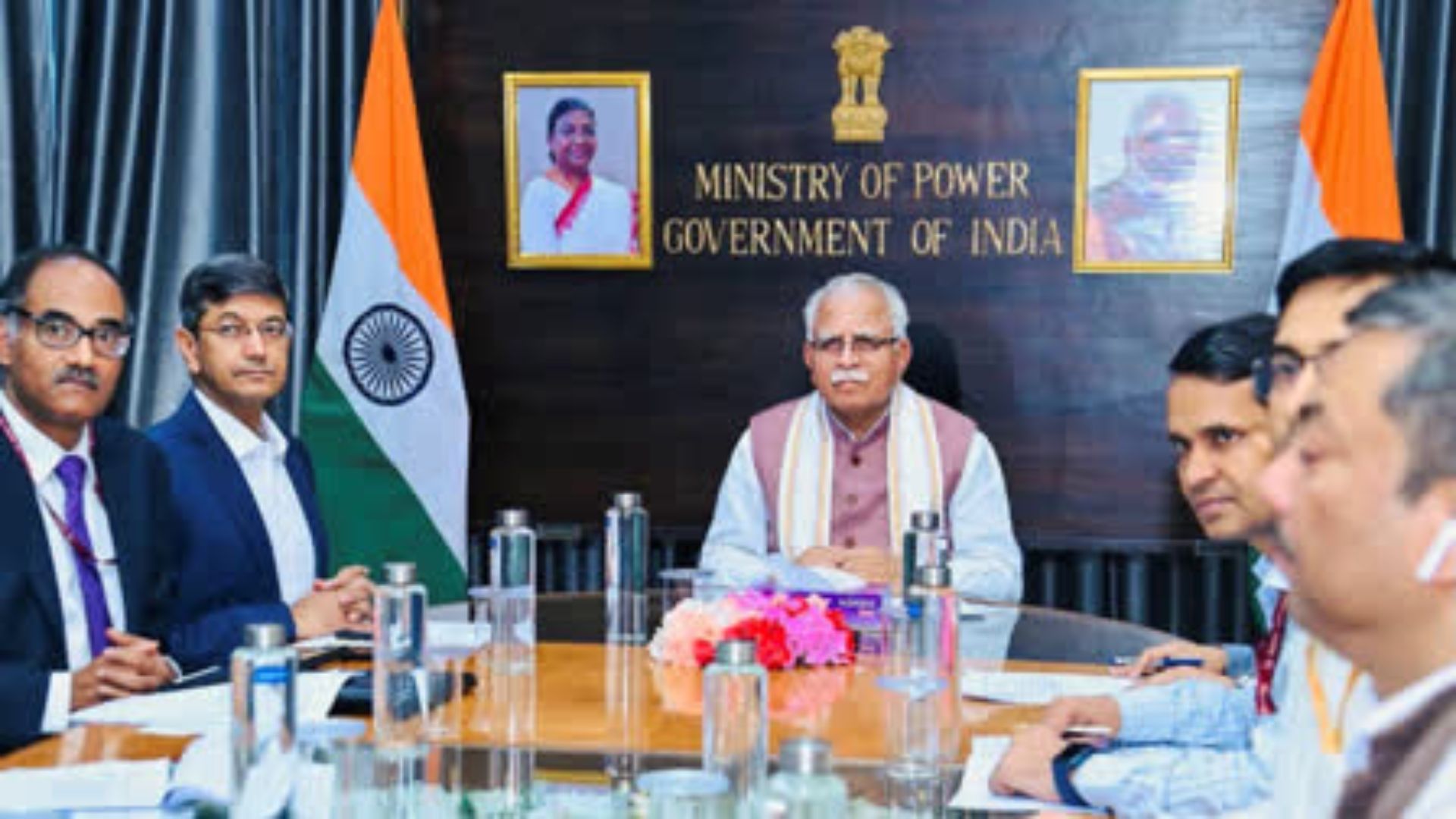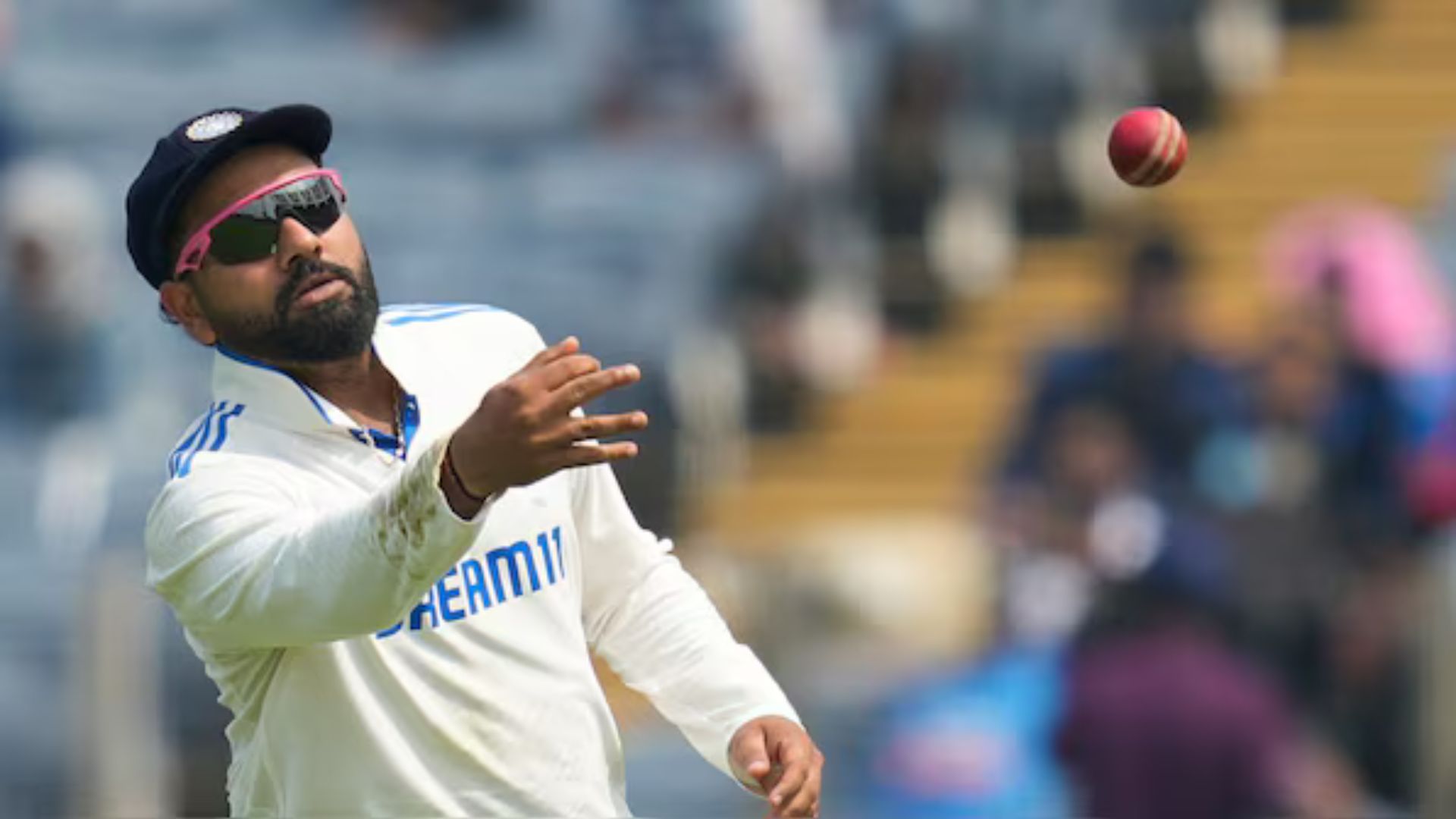
Let us know few facts first:
= India contributed 90% of oral cancer cases every year
=In India, tobacco alone is responsible for 1.5 lakh cancers, 4.2 million heart diseases, 3.7 million lung diseases every year
=Cancer is the leading cause of death accounting for 7.6 million deaths worldwide
=More than 60,000 cases of throat cancer are diagnosed every year.
A recent report prepared by experts of National Institute of Health and Family Welfare (NIHFW) to study the harmful effects of gutka specified clearly that India alone accounted for 86 per cent of the total oral cancer figure across the world.
More disturbing is the finding that chewing tobacco and gutkha contribute to 90 per cent of oral cancer cases in the country, with the Health Ministry now banking on the successful implementation of the 2011 notification which banned the use of tobacco in gutkha by describing gutkha as a food product and saying that food products cannot contain nicotine. Not only this WHO reported that, cancer is the leading cause of death accounting for 7.6 million deaths worldwide.
Cancer is indeed a lifestyle disease and Cancer as we all know is a set of diseases in which abnormal cells grows, multiplies and divide uncontrollably in the body. These abnormal cells form malignant growths which are called tumors. Throat cancer refers to the cancer of the voice box, the vocal cords, and other parts of the throat, such as the tonsils and the oropharynx.
Throat cancer is cancer that forms in tissues of the pharynx i.e the hollow tube inside the neck that starts behind the nose and ends at the top of the windpipe and larynx which is also called voice box. Larynx and pharynx cancers are the third most common cancers diagnosed in Indian males after lung and oral cavity cancer. More than 60,000 cases of throat cancer are diagnosed every year.
You can certainly decrease the risk of throat cancer by not chewing tobacco, by quit smoking or limits the consumption of alcohol.
Symptoms of developing throat cancer are:
=A cough
=Pain or difficulty in swallowing
=Ear pain
=Changes in your voice, such as hoarseness
=A sore throat
=Sudden weight loss
=A lump in the neck are the common symptoms of throat cancer.
Do check with the cancer specialist doctor if you notice any of the above symptoms
Risk factors of Throat Cancer are:
Throat Cancer is usually caused by excessive use of tobacco or consumption of alcohol. Men are more prone to throat cancer as compared to women. Tobacco is by far the most common cause of throat cancer. “Both smoking and ‘smokeless’ tobacco (tobacco chewing) increases the risk of throat cancer. Heavy alcohol use and diet low in fruits or vegetables are the other factors associated with the development of throat cancer” said Dr. Manish Sharma.
Throat cancer has also been linked to other types of cancers. In fact, some people diagnosed with throat cancer are diagnosed with esophageal, lung, or bladder cancer at the same time.
Treatment for Throat cancer
There are many treatment options available in India for Throat cancer. The treatment plan totally depends on the number of factors including the site of disease, stage of the disease, the person’s age and general health. The patient and doctor should consider and discuss each treatment option carefully.
Surgery: It may involve removal of a part of the throat and voice box. If the tumor in your throat is small, your doctor may surgically remove the tumor. This surgery would be done in the hospital while you are under sedation.
Radiation therapy: This therapy uses high-energy rays to destroy malignant cancer cells. It would target any cancerous cells left behind by the tumor. Radiation therapy not only provides good tumor control rates but also helps in preservation of organ form and function i.e. speech and swallowing.
Chemotherapy: Chemotherapy is a drug that kills and slows the growth of malignant cells. It not only kills cancer cells throughout the body, but also enhances the action of radiation.
Quick tips suggested by Dr. Manish Sharma:
1. Incorporate plant-based diets: Make sure your diet has a sufficient amount of leafy green vegetables. Eat a lot of grains, beans, and fruits. Naive observers are unaware that fruits and vegetables with green hues include vitamins and antioxidants that can fight cancer. Include a colorful array of fruits and vegetables in your diet. These foods are rich in vitamins, minerals, antioxidants, and fiber, which can help protect against various types of cancer. Fruits and vegetables, including grapes, mangoes, melons, oranges, papayas, spinach, asparagus, broccoli, cabbage, mint, and coriander. Some people consume them as soups or juices, but eating them raw is preferable to juicing.
2. Try cancer fighting foods like ginger, garlic, onion, turmeric, coriander they all have cancer fighting properties.
3. Retain a high fluid level throughout the day by staying hydrated. It also lessens fatigue and promotes improved bodily functioning. When the body is properly hydrated, the amount of oxygen in the blood flow increases. Additionally, you can have infused water, such as cucumber or watermelon.
4. Always have the opportunities to move: Forget formal exercise routine if it doesn’t work for you & move. Even a simple 10 minute walk in the chilled morning or in the middle of the day in your pencil heels counts.
5. Last but not the least please do adopt a healthy lifestyle by quitting smoking and alcohol which not only lowers the risk of throat cancer, but also reduces the chances of developing new secondary cancers in already treated patients.
“It’s important to keep in mind that individual factors, such as genetics and choices made about lifestyle in addition to eating, also have a big impact on cancer risk. Seek guidance from medical professionals for tailored recommendations depending on your health state and risk factors. Regular examinations and screenings are also essential for the early diagnosis and prevention of some malignancies” said Dr. Manish Sharma.
The author is the Sr. Medical Oncologist from Positron Superspeciality and Cancer Hospital, Rohtak and Medical Oncologist from Cancer clinic, Faridabad.















